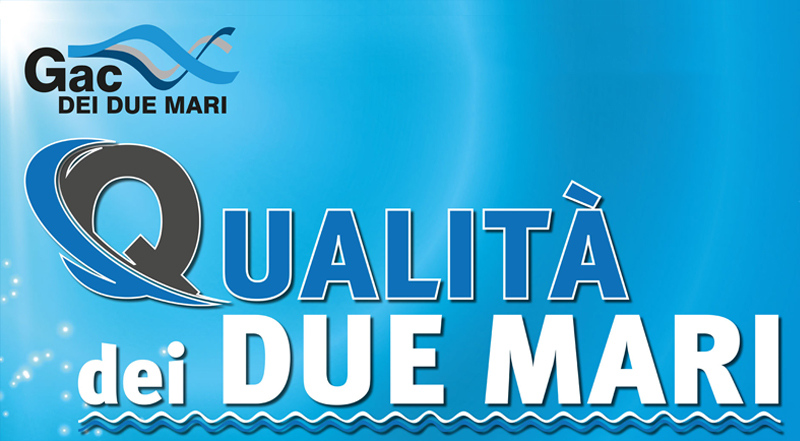Water tablets, also called diuretics, are medications typically suggested by health care experts to treat a variety of conditions. These medications function by raising the flow of pee, which helps in reducing fluid vision precio retention in the body. In this short article, we will discover the primary uses, types, prospective negative effects, as well as safety measures related to water tablets.
The Principal Use Water Pills
Water pills have a number of key uses, including:
1. Treating Hypertension: Diuretics are typically recommended as the preliminary therapy for individuals detected with high blood pressure. By removing excess liquid from the body, water tablets aid reduced high blood pressure degrees and lower the work on the heart.
2. Taking care of Edema: Edema describes the uncommon buildup of fluid in the body’s tissues, causing swelling. Water tablets are frequently used to deal with edema triggered by problems such as kidney condition, heart failure, liver cirrhosis, or certain medicines. By raising pee outcome, diuretics help in reducing swelling and ease pain.
3. Controlling Signs And Symptoms of Cardiac Arrest: Patients with heart failure commonly experience liquid retention, causing lack of breath and fluid build-up in the lungs. Water pills help get rid of excess fluid from the body and reduce these signs, improving the total functioning of the heart.
4. Attending To Specific Kidney Conditions: Diuretics can be advantageous for individuals with certain kidney conditions, such as nephrotic syndrome or kidney rocks. By raising urine production, water tablets help in flushing out toxic substances as well as protecting against the development of kidney rocks.
- Keep in mind: Water tablets must constantly be taken under the advice as well as supervision of a health care professional to ensure their risk-free and reliable usage.
Kinds Of Water Pills
There are 3 key types of diuretics:
1. Thiazide Diuretics: Thiazides are one of the most commonly recommended water pills. They function by minimizing the reabsorption of sodium as well as chloride in the kidneys, resulting in increased pee manufacturing. Some typically made use of thiazide diuretics include hydrochlorothiazide and also chlorthalidone.
2. Loophole Diuretics: Loophole diuretics are typically recommended to individuals with a lot more serious fluid retention problems. They work by hindering the reabsorption of sodium and also chloride in the ascending loophole of Henle, a part of the kidney tubule. Instances of loophole diuretics consist of furosemide as well as bumetanide.
3. Potassium-Sparing Diuretics: Unlike thiazides and loop diuretics, potassium-sparing diuretics have a milder effect on urine manufacturing. They function by obstructing the activity of a hormonal agent called aldosterone, which advertises the retention of sodium as well as water. Some typical potassium-sparing diuretics consist of spironolactone as well as amiloride.
It is very important to note that the option of diuretic depends on the particular medical condition and also individual client requirements. Therefore, a health care professional will determine the ideal kind and also dose of water tablets for each and every client.
Possible Side Effects and Preventative Measures
While water pills can be very advantageous for handling specific problems, they likewise carry some potential side effects as well as safety measures to consider:
1. Dehydration: Increased urine result triggered by diuretics can result in dehydration if sufficient fluid intake is not preserved. It is important to drink sufficient water while taking water tablets to avoid dehydration.
2. Electrolyte Inequality: Diuretics can interfere with the equilibrium of electrolytes in the body, including salt, potassium, as well as magnesium. Routine surveillance of electrolyte levels and appropriate supplementation might be needed to prevent complications.
3. Reduced Blood Pressure: Diuretics can reduce high blood pressure, which might trigger wooziness or faintness. It is important to keep an eye on high blood pressure on a regular basis and change dose accordingly to avoid exceedingly reduced blood pressure levels.
4. Allergies: Some people might establish allergic reactions to certain sorts of water pills. It is necessary to educate health care professionals about any type of known medicine allergies or hypersensitivity responses to guarantee the secure use of diuretics.
Verdict
Water pills, or diuretics, are medicines generally utilized to deal with various problems such as high blood pressure, edema, cardiac arrest, and also particular kidney conditions. They work by boosting pee manufacturing and reducing fluid retention in the body. Thiazide, loop, as well as potassium-sparing diuretics are the 3 primary kinds of water tablets, each with various devices of action. While water pills can be very efficient, it is essential to be knowledgeable about possible adverse effects as well as preventative measures connected with their usage. Constantly seek advice from a healthcare specialist for appropriate guidance and also supervision when thinking about the use of water pills.
Please note: The information supplied in this post is for informative functions only and must not be taken into consideration as medical recommendations. Constantly speak with a qualified health care professional before starting any medication or therapy.




